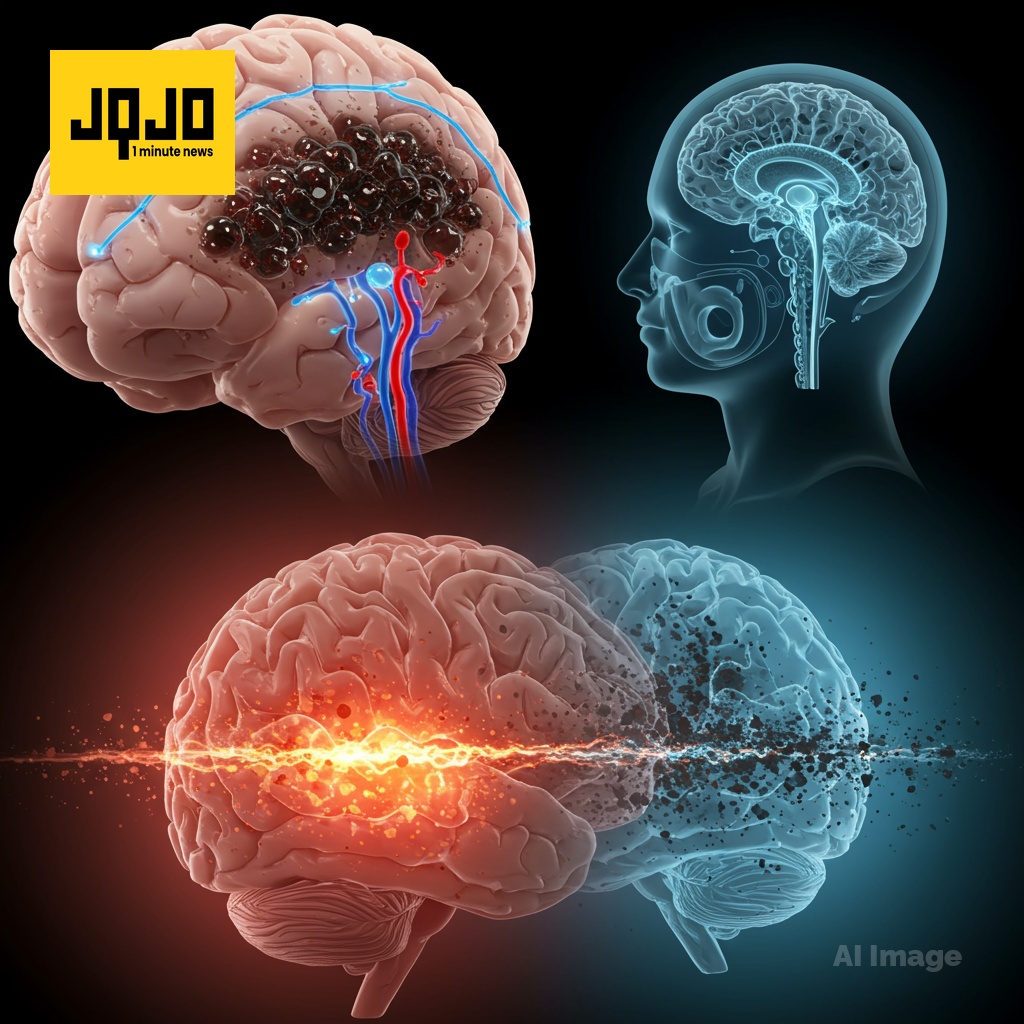
HEALTH
Study links sleep apnea to brain microbleeds
Moderate to severe obstructive sleep apnea may carry hidden risks for the brain, a study in JAMA Network Open reports, linking the condition to a higher likelihood of new cerebral microbleeds. Such tiny bleeds, common with aging, are tied to slightly increased stroke risk and faster cognitive decline, experts said, urging clinicians to screen and patients to treat sleep apnea. The observational research cannot prove causation, but doctors warn against shrugging off loud snoring, gasping, or daytime sleepiness—signs that merit evaluation, along with night sweats, frequent awakenings, teeth grinding, and morning headaches.
Reviewed by JQJO team
#sleep #apnea #brain #health #dementia






Comments